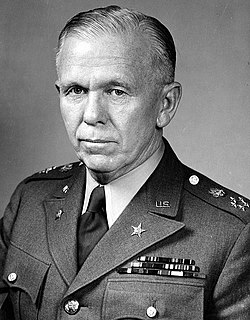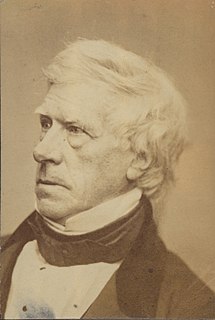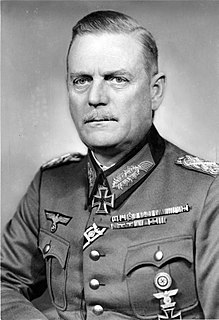A Quote by Blaise Pascal
If a soldier or labourer complain of the hardship of his lot, set him to do nothing.
Related Quotes
A good soldier is a blind, heartless, soulless, murderous machine. He is not a man. His is not a brute, for brutes kill only in self defense. All that is human in him, all that is divine in him, all that constitutes the man has been sworn away when he took the enlistment roll. His mind, his conscience, aye, his very soul, are in the keeping of his officer. No man can fall lower than a soldier-it is a depth beneath which we cannot go.
He told me that once, in the war, he’d come upon a German soldier in the grass with his insides falling out; he was just lying there in agony. The soldier had looked up at Sergeant Leonard, and even though they didn’t speak the same language, they understood each other with just a look. The German lying on the ground; the American standing over him. He put a bullet in the soldier’s head. He didn’t do it with anger, as an enemy, but as a fellow man, one soldier helping another.
Next to the defeated politician, the writer is the most vocal and inventive griper on earth. He sees hardship and unfairness wherever he looks. His agent doesn’t love him (enough). The blank sheet of paper is an enemy. The publisher is a cheapskate. The critic is a philistine. The public doesn’t understand him. His wife doesn’t understand him. The bartender doesn’t understand him.







































